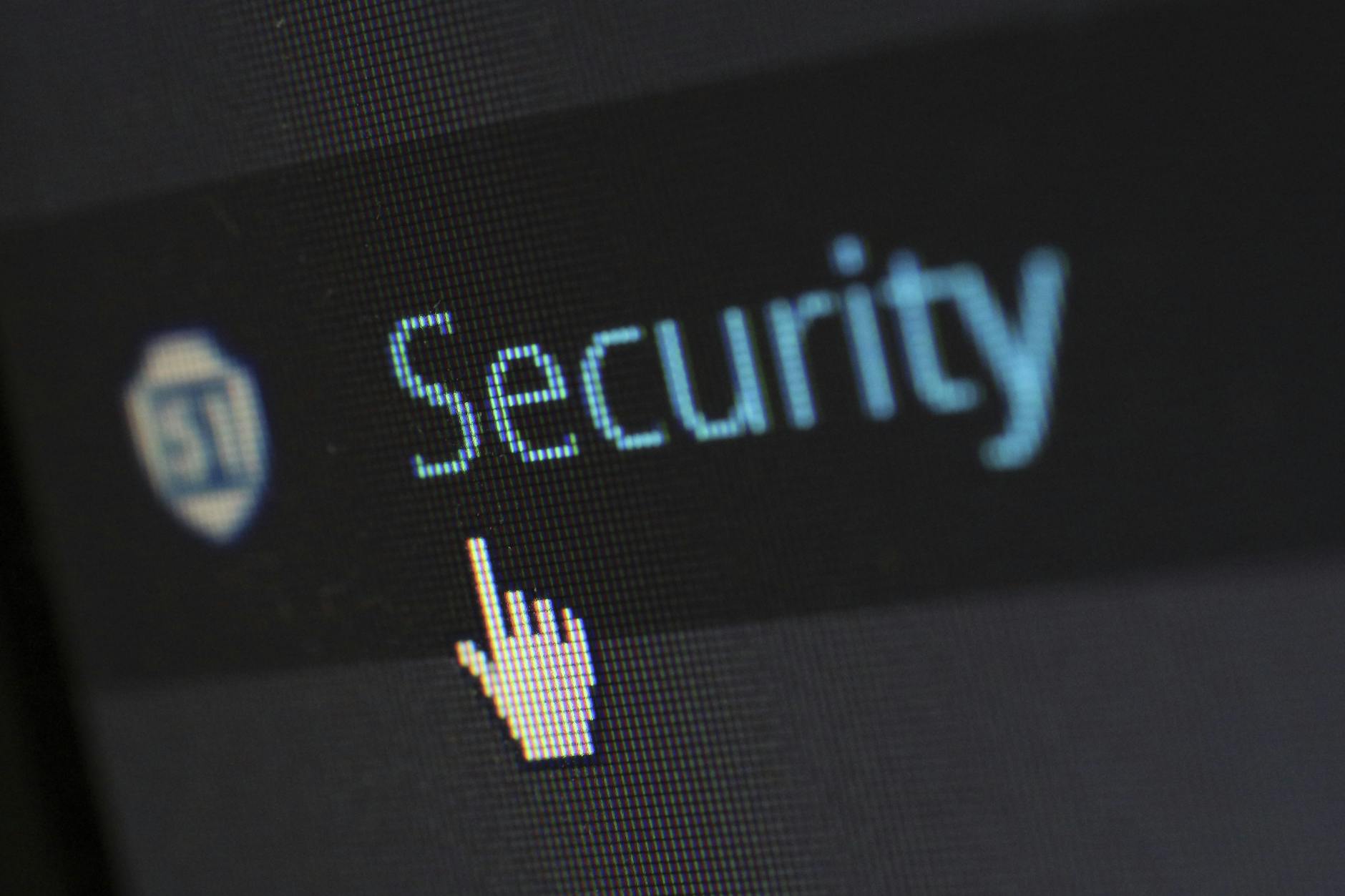
Image courtesy of Pixabay via <a target="_blank" rel="noopener noreferrer" href="https://www.pexels.com/photo/security-logo-60504/">Pexels</a>
Discover the essential cybersecurity practices every online user should know to protect their digital fortress from potential threats.
Table of Contents
Welcome to the digital age! As we navigate through the ever-evolving landscape of technology, one critical aspect that we all must pay attention to is cybersecurity. Protecting our digital information and devices is essential to safeguard our privacy and prevent cyberattacks. In this blog post, we will explore some cybersecurity best practices to help you fortify your digital fortress.
The Importance of Cybersecurity
Cybersecurity is not just a buzzword – it’s a necessity in today’s interconnected world. With the rise of cyber threats such as malware, phishing scams, and data breaches, having robust cybersecurity measures in place is crucial. Your personal information, financial data, and even your identity can be at risk if you do not take proper precautions.
Password Strength and Management
It all starts with a strong password. Avoid using common phrases or easily guessable passwords. Opt for complex combinations of letters, numbers, and symbols. Additionally, consider using a password manager to securely store and manage your passwords across all your accounts.
Keep Your Software Updated
Don’t ignore those software update notifications – they are there for a reason. Updates often include patches for vulnerabilities that cyber attackers could exploit. Make sure all your devices and software are kept up to date to mitigate risks.
Beware of Phishing Attempts
Phishing scams are a common way for cybercriminals to deceive unsuspecting users into giving out their personal information. Be cautious of emails, messages, or pop-ups asking for sensitive data and avoid clicking on suspicious links. When in doubt, verify the source directly before taking any action.
Two-Factor Authentication
Implement two-factor authentication for an added layer of security. This method requires you to provide an additional verification, such as a code sent to your phone, along with your password when logging into accounts. It adds an extra barrier against unauthorized access.
Back Up Your Data Regularly
In the event of a cyber incident or data loss, having reliable backups can be a lifesaver. Make sure to back up your important files and data regularly to external hard drives, cloud services, or other secure locations. This way, you can recover your information if anything goes wrong.
| Cybersecurity Best Practices | Description |
|---|---|
| Use Strong Passwords | Utilize passwords that are at least 12 characters long, including a mix of letters, numbers, and special characters. |
| Enable Two-Factor Authentication | Add an extra layer of security by requiring a code from a secondary device in addition to a password. |
| Keep Software Updated | Regularly install updates for operating systems, applications, and antivirus software to prevent vulnerabilities. |
| Avoid Clicking Suspicious Links | Be cautious of emails, ads, or messages containing unknown links or attachments that could lead to malware. |
| Use a VPN | Protect your online activity and data by using a virtual private network (VPN) when connecting to public Wi-Fi networks. |
| Backup Data Regularly | Create backups of important files and data to prevent loss in case of a cyber attack or system failure. |
Stay Informed and Educated
Stay up to date on the latest cybersecurity trends and threats. Educate yourself on common cybersecurity risks and how to avoid them. By being aware of potential dangers, you can take proactive steps to protect yourself and your devices.
Seek Professional Help
If you’re not confident in your cybersecurity knowledge or need assistance with securing your digital assets, don’t hesitate to seek professional help. Cybersecurity experts can offer valuable guidance and services to enhance your cybersecurity defenses.
Conclusion
Cybersecurity is everyone’s responsibility. By implementing effective cybersecurity practices, you can minimize the risks of falling victim to cyber threats. Remember, it’s better to be proactive and preventive when it comes to protecting your digital fortress. Stay vigilant, stay informed, and keep your digital world secure!
FAQ
Question 1: Why is cybersecurity important?
Answer 1: Cybersecurity is crucial to protect your personal data, financial information, and identity from cyber threats like malware and data breaches.
Question 2: How can I create strong passwords?
Answer 2: Create complex passwords with a mix of letters, numbers, and symbols. Consider using a password manager for secure storage.
Question 3: What is phishing and how can I avoid it?
Answer 3: Phishing is a scam where cybercriminals trick users into revealing sensitive information. Avoid clicking on suspicious links or providing personal details to unknown sources.
Question 4: Why should I back up my data regularly?
Answer 4: Regular backups ensure you can recover your important files in case of a cyber incident or data loss, providing an additional layer of protection for your digital assets.




